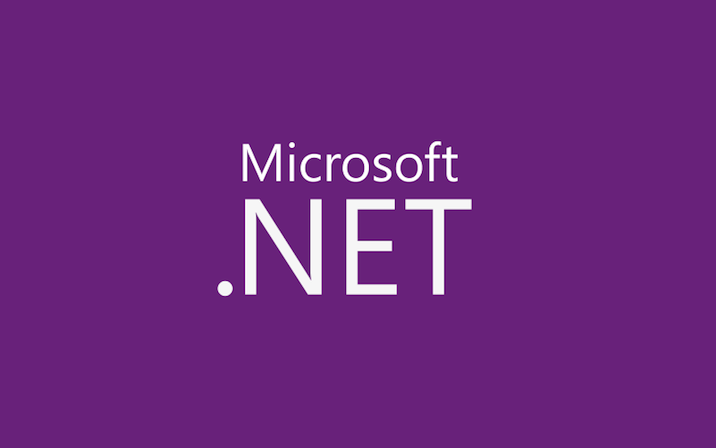


Crafting a Task.TimeoutAfter Method

Exception Handling in TPL Dataflow Networks

ConcurrentDictionary Performance Improvements in .NET 4.5

When at last you await

Task.Run vs Task.Factory.StartNew

Keeping Async Methods Alive

Don’t Forget To Complete Your Tasks

Task Exception Handling in .NET 4.5


 Light
Light Dark
Dark